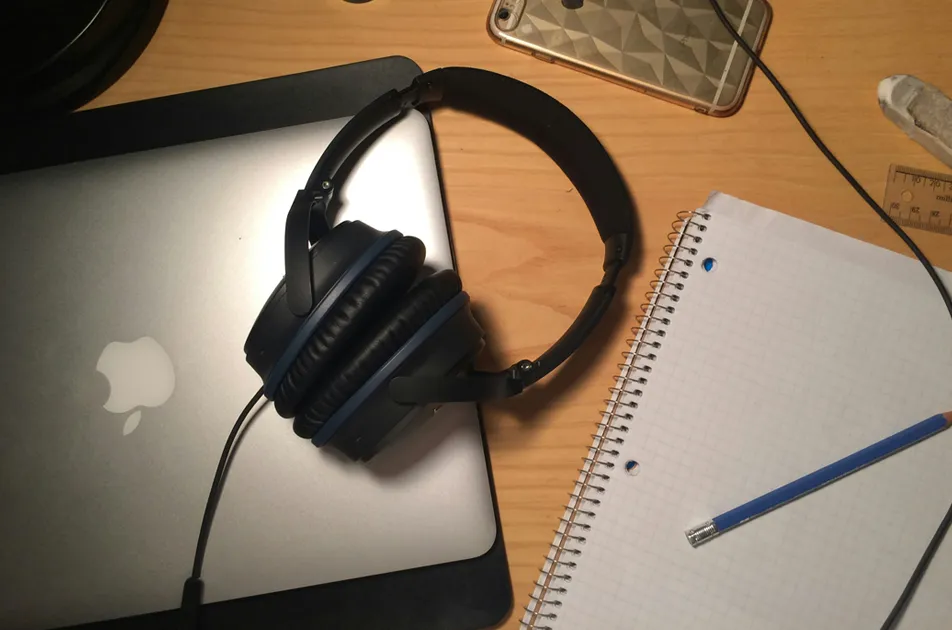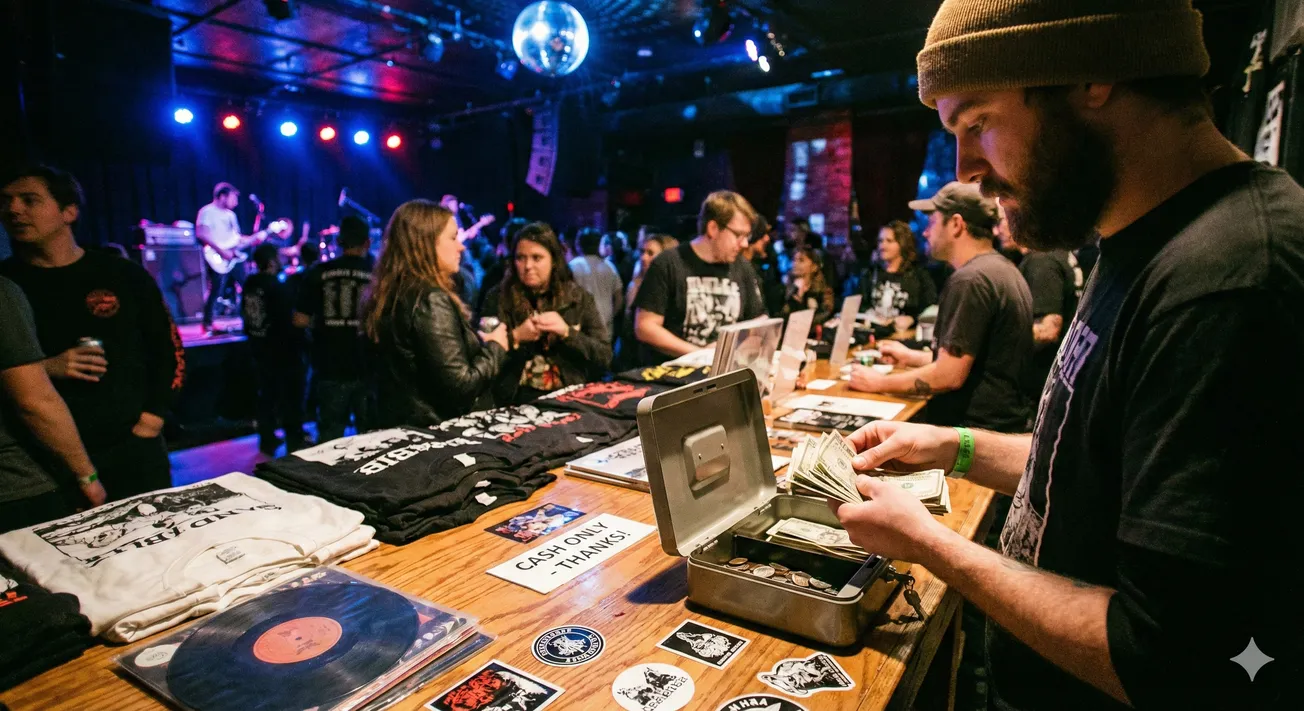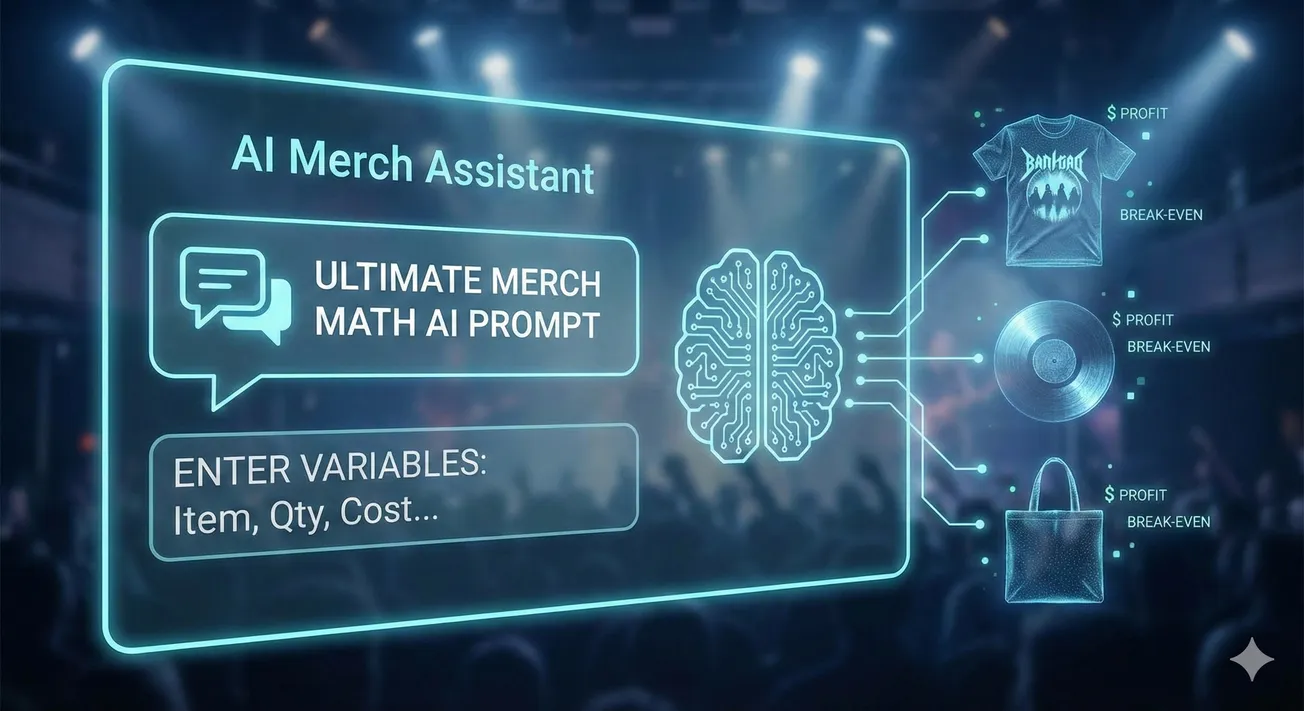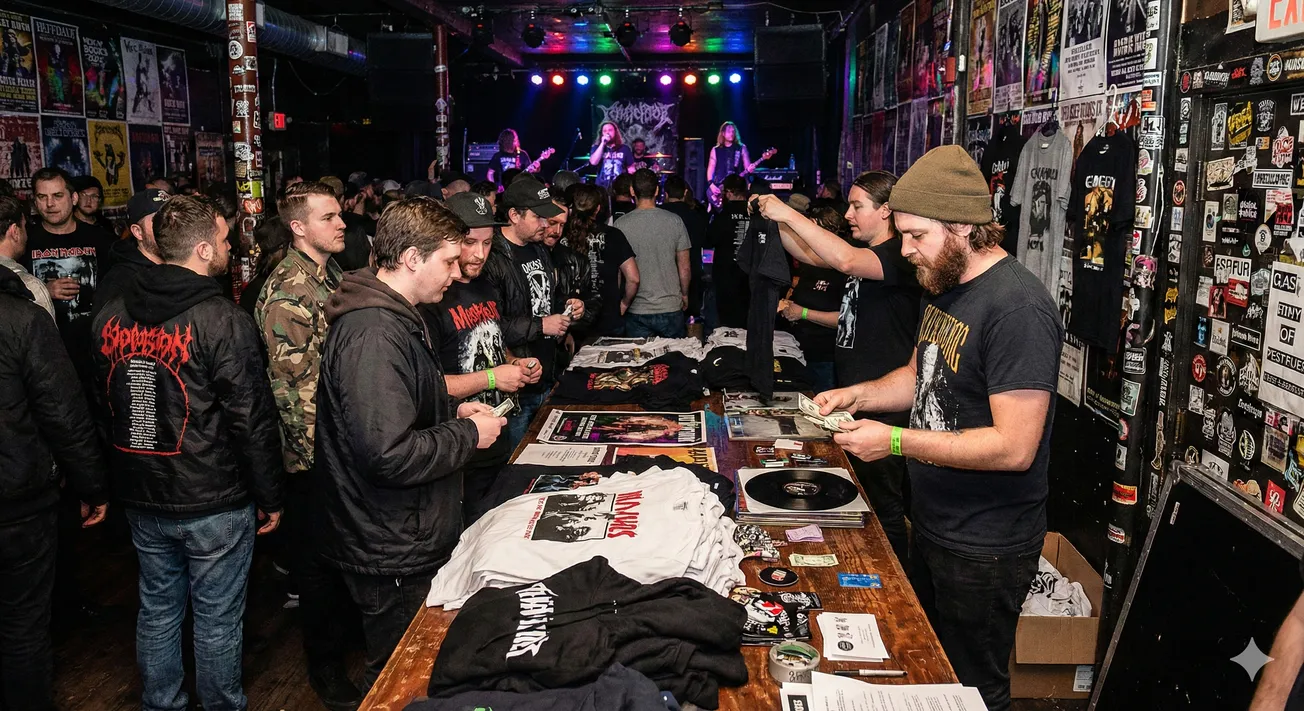Composition synchronization royalties
Whenever the composition you represent as a publisher is licensed for use in an audiovisual work, you’re owed money, just as the songwriter is. The publisher usually networks with directors, music supervisors, and film studios to pitch their songs. If you’re your own publisher, then you can do this too, but it takes time and networking, which is why it was delegated to someone separate from the songwriter/artist in the first place. If you’d like a more passive way to boost licensing opportunities, try services like CD Baby Licensing which have a browsable music library and handle the transactions should you get licensed. This synchronization fee is paid by whoever is producing the audio-visual work.  Composition transcription fee
Composition transcription fee
Any time the song you represent as a publisher is used in a terrestrial radio commercial or advertisement, you’re owed money. This is usually paid to you by whoever is producing the commercial.Other uses
Any time someone wants to use your composition for some use not listed above (toy, greeting card, app, etc.), you’re owed money, just like the songwriter is. It’s the role of the publisher to create these revenue generating opportunities on behalf of the songwriter by networking with businesses and working with them. This is paid to you by the company or manufacturer of the product using your composition.3. Producer
As the producer of a sound recording you can tap these revenue streams:Fees for producing
If you produce for other artists, then the artist, label, or songwriter may pay you fees for your time and expertise or may give you a percentage of the music sales. In addition, you can negotiate a share of the songwriting credit with the songwriter. This would make you a songwriter on the composition and give you the same rights to tap all the revenue streams available to songwriters. This would be worked out in a written agreement between you as the producer and the songwriter(s).Sound recording performance royalties
In the United States, producers can get sound recording performance royalties from SoundExchange if the artist designates a “letter of direction” specifying you as the producer of the track and gives payment details. SoundExchange will then pay royalties any time the sound recording you produced is streamed on a non-interactive platform, but only if the letter of direction is submitted.Additional considerations
When you’re dealing with a group of musicians in a band or music organization, the responsibility for these roles, as well as who gets the income from them, can be difficult to sort out. To solve this, and because there’s money involved, many bands or music organizations put together an agreement to clarify these questions and pull something together that everyone can read and agree to. While putting together an agreement is hard, dealing with money issues if there’s no clear understanding can be even harder, so it’s a good idea to handle this up front.Read Part I of the series.To get these income streams, you need to register with each collection organization associated with the royalties that are mentioned here. We cover the 14 registrations and all the steps you should take before you release your music into the world in our book, Making Money With Music.Authors of the critically-acclaimed modern classic, The Indie Band Survival Guide, Billboard Magazine called Randy Chertkow and Jason Feehan “the ideal mentors for aspiring indie musicians who want to navigate an ever-changing music industry.” Their latest book, Making Money With Music (Macmillan) and free Making Money With Music Newsletter, help all musicians — from startups to pros — build a sustainable music business so you can make money in today’s tech-driven music environment.




